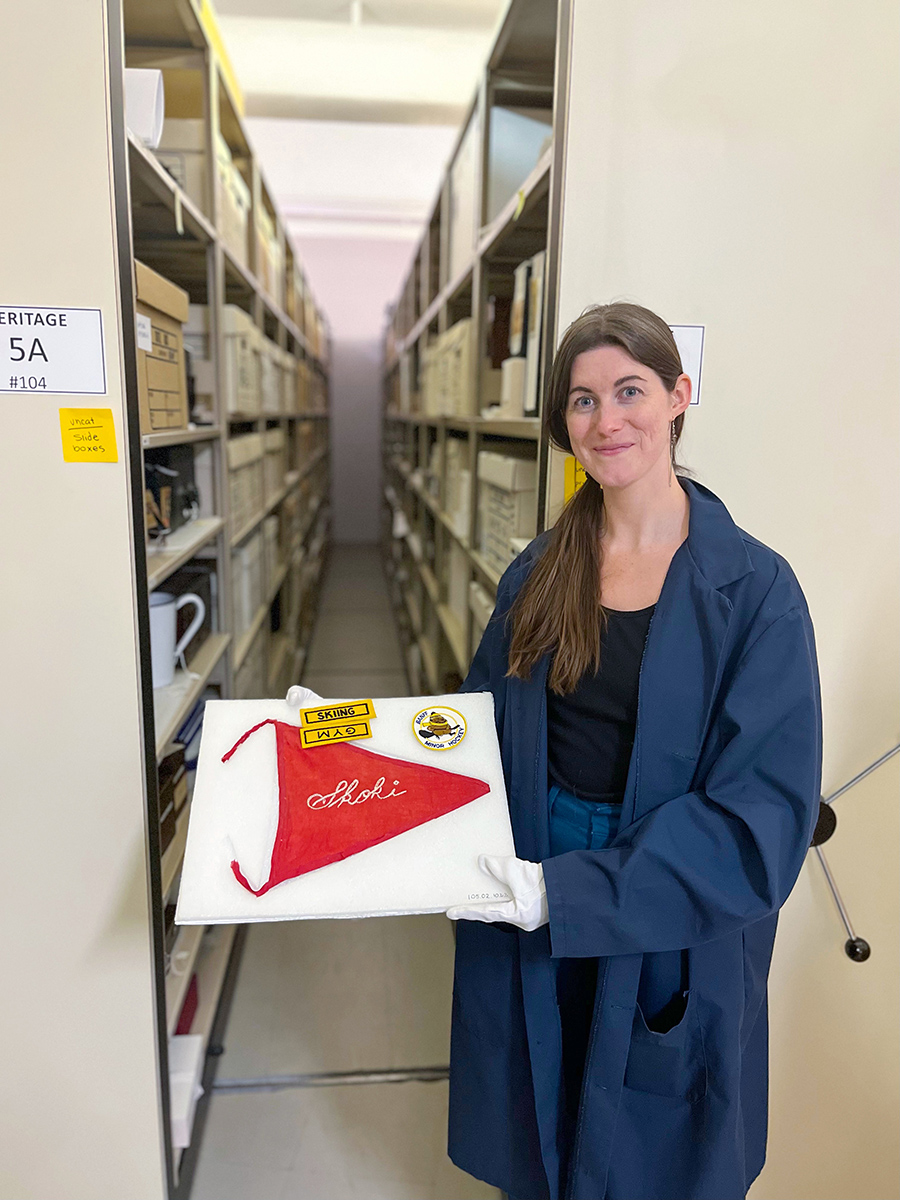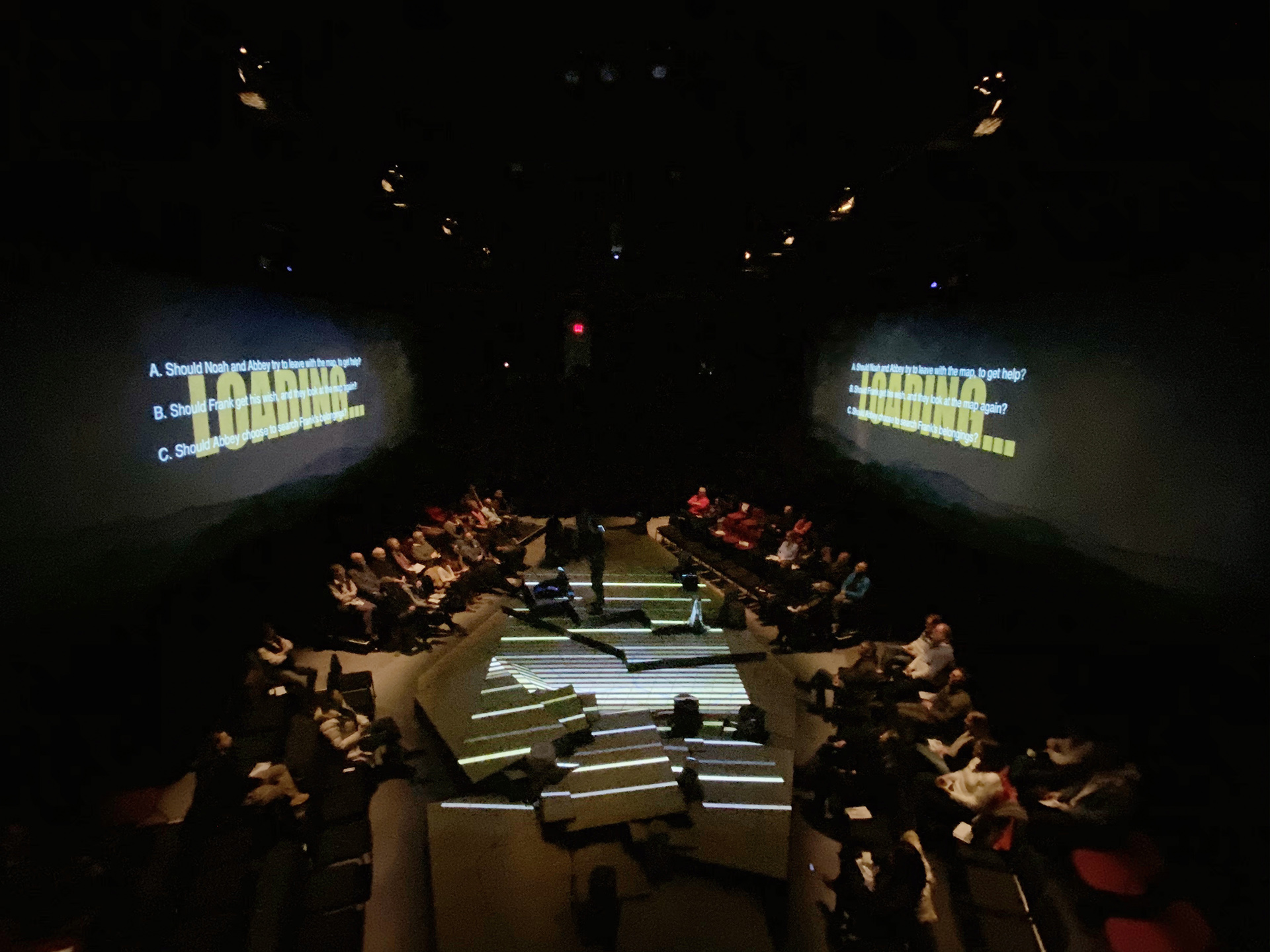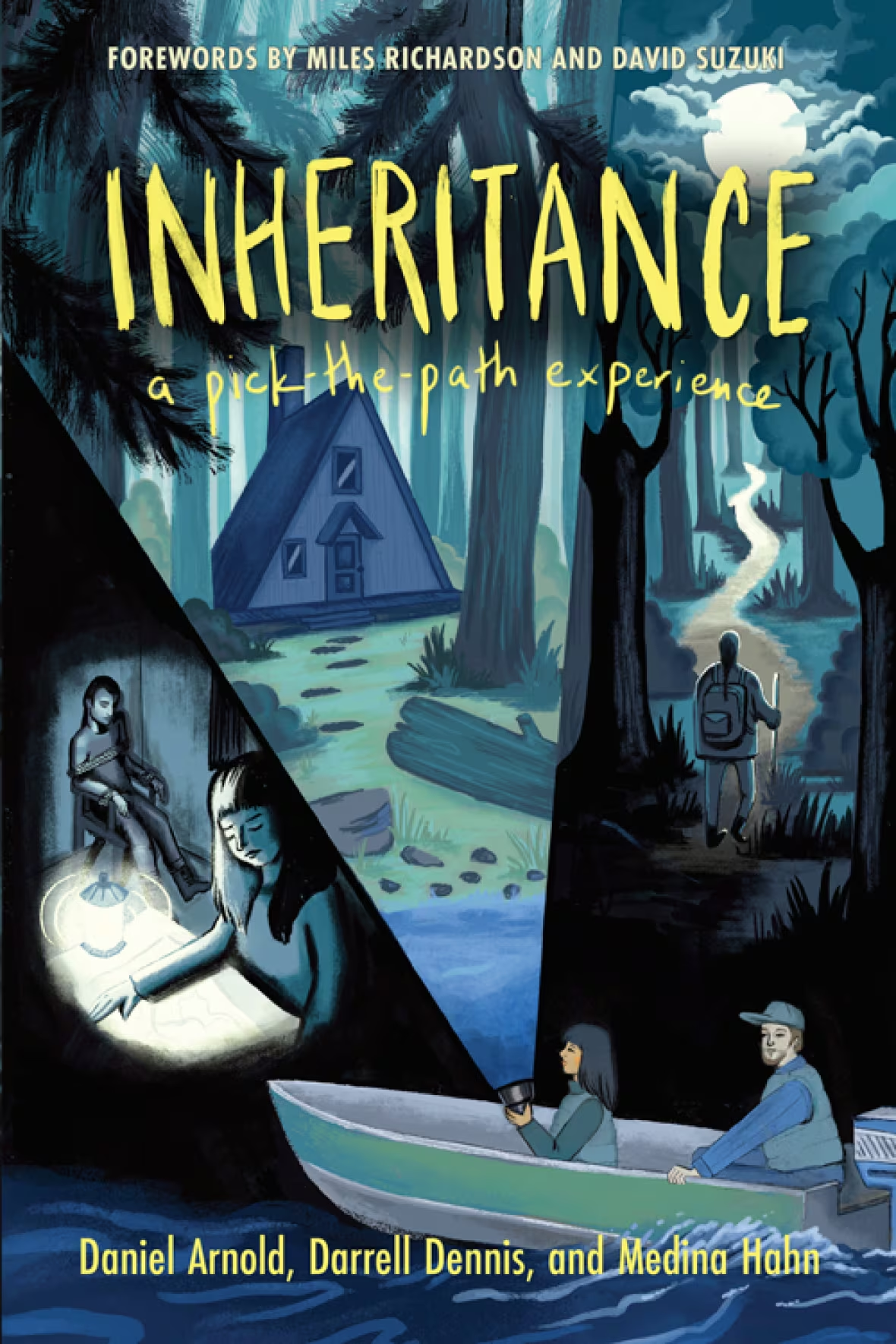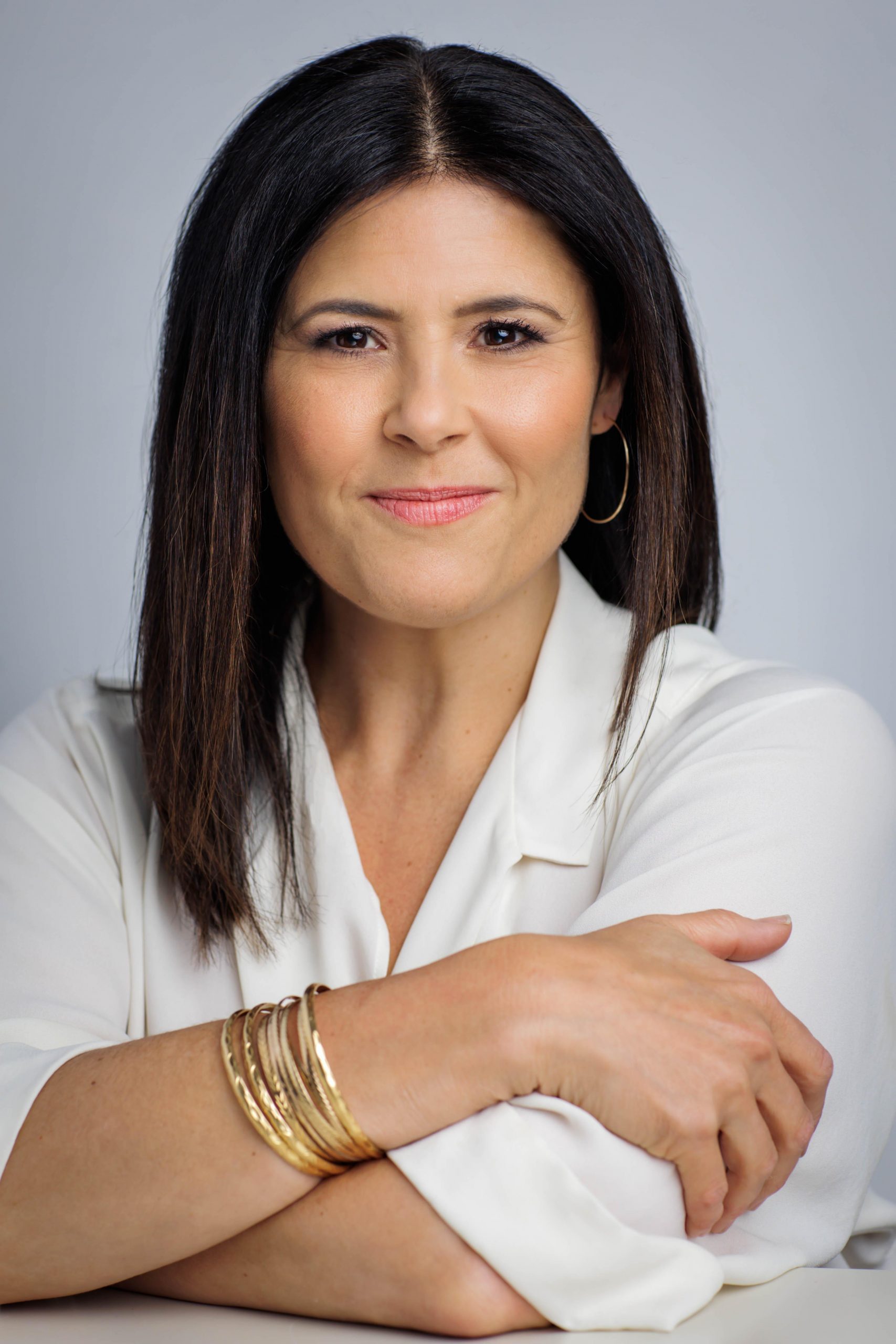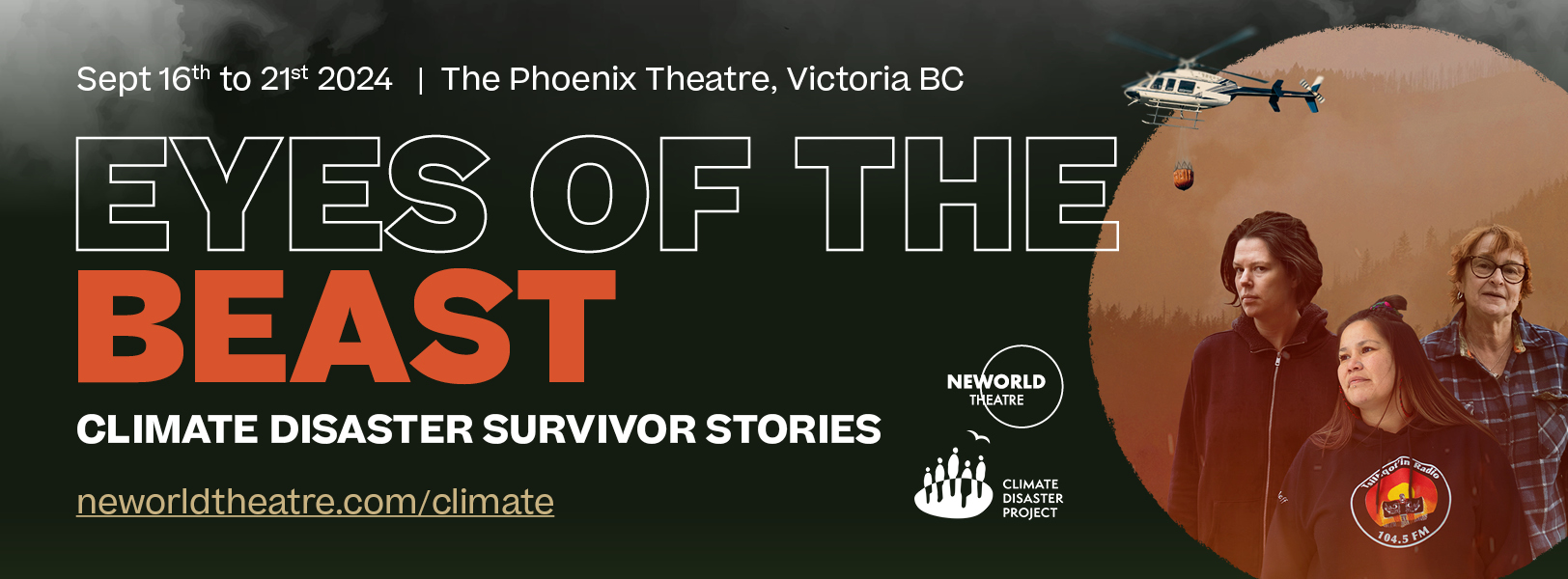Wayde Compton joins Writing

Photo: Roger Hur
The Department of Writing is proud to announce their latest hire: author and associate professor Wayde Compton.
Born and raised in Vancouver, Compton studied English at Simon Fraser University where he worked with the likes of authors George Bowering and Roy Miki. He was associated with the Tads group of writers and the Runcible Mountain College study group.
He was also a co-founder of the Hogan’s Alley Memorial Project, a grassroots organization that researched and advocated for the public recognition of Vancouver’s historical Black community. He later co-founded its successor group, the Hogan’s Alley Society. In 2006 Compton co-founded Commodore Books, Western Canada’s first Black Canadian literary press.
Compton has published six books and has edited two literary anthologies. His collection of short stories, The Outer Harbour, won the City of Vancouver Book Award in 2015 and he won a National Magazine Award for Fiction in 2011. His work has been a finalist for three other City of Vancouver Book Awards as well as the Dorothy Livesay Poetry Prize.
He has also been writer-in-residence at Simon Fraser University, Green College at the University of British Columbia, and the Vancouver Public Library. He has taught either English Literature or Creative Writing at the following institutions: SFU, ECUAD, Capilano University, Kwantlen University, Douglas College, and Coquitlam College. From 2012-18, he administrated the Creative Writing Program in Continuing Studies at SFU, including the award-winning Writer’s Studio.
Compton has read and presented at institutions across Canada (McGill, the University of Toronto, UBC, SFU, York University, Dalhousie University), the United States (Harvard, the University of California at Berkeley), and overseas (the University of Kent at Canterbury, the University of Havana, National Taipei University).




